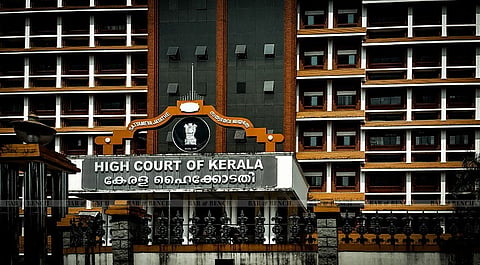
- News
- Columns
- Interviews
- Law Firms
- Apprentice Lawyer
- Legal Jobs
- हिंदी
- ಕನ್ನಡ

The Kerala High Court has reaffirmed that where charges against an employee are of serious and complex nature, the Central Administrative Tribunal (CAT) cannot abruptly terminate disciplinary proceedings.